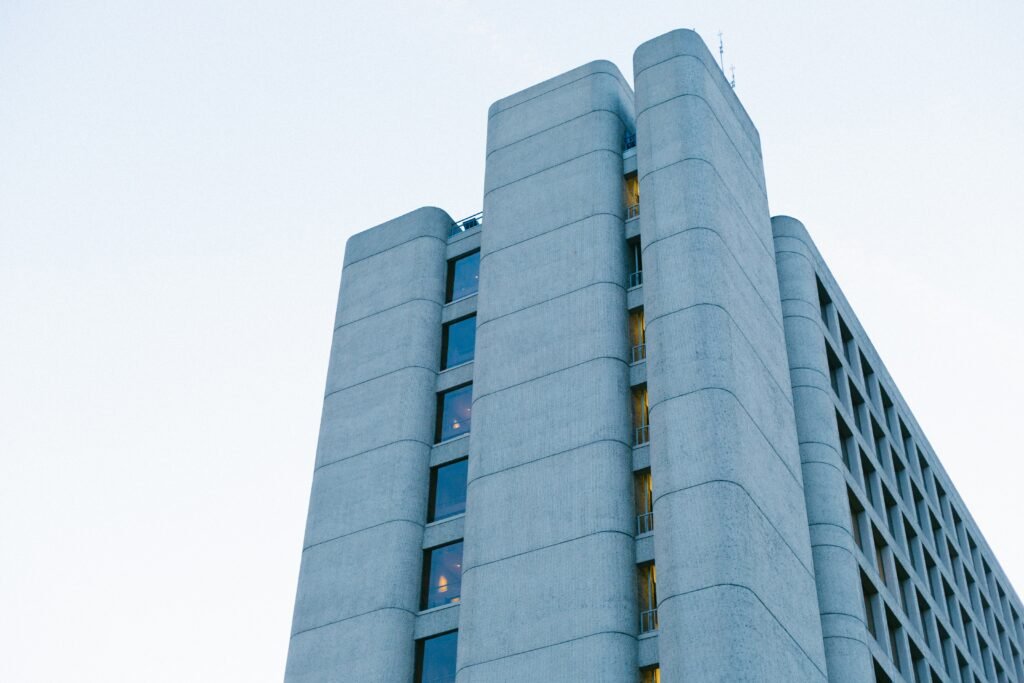A 114-member industry coalition is pressing the Senate Banking Committee to enshrine crypto developer protections in the upcoming crypto market structure bill. The group sent a lobbying letter on Wednesday urging Congress to block criminal charges against builders of decentralized software when others misuse their code. The push follows the Roman Storm conviction tied to Tornado Cash under money transmission law, and it targets nationwide clarity before new rules arrive. The coalition argues crypto developer protections are essential to keep open-source innovation in the U.S.
Why crypto developer protections matter
The coalition says crypto developer protections prevent punishing builders for activity they do not control. Developers who publish code for decentralized software do not hold customer funds and often run non-custodial services. Treating them as money transmitters would chill open-source work, slow infrastructure upgrades, and push talent offshore. Clear, durable crypto developer protections align with how the internet matured—by letting neutral tools exist without assuming criminal intent.
Senate Banking Committee momentum
All eyes are on the Senate Banking Committee as it shapes a crypto market structure bill to complement the House’s CLARITY Act. The coalition’s lobbying letter asks the Senate to harmonize rules and avoid a patchwork of state-level interpretations. Strong crypto developer protections, paired with federal preemption, would deliver consistent guidance coast to coast. The result could reduce legal uncertainty and accelerate responsible product launches.
Avoid software developer liability
The letter urges lawmakers to define boundaries that stop software developer liability from sweeping in non-custodial services or code publishers. The goal is to make crypto developer protections explicit: writing and publishing code should not be a crime, and non-custodial builders should not be treated as operators of money transmission. Instead, the law should focus on custodial intermediaries and entities that actually control user funds.
Tornado Cash lessons
The Tornado Cash saga—and the conviction of Roman Storm—exposed the risk of stretching money transmission law to cover neutral code. Advocates say crypto developer protections must clarify the difference between operating a custodial business and releasing open-source tools. They stress that enforcement should target bad actors who launder funds, not developers who create privacy or composability tools others may misuse.
Coalition lobbying letter impact
This push carries weight. Signers include Coinbase, Grayscale, Solana Labs, Andreessen Horowitz, Kraken, Paradigm, Uniswap Labs, and the Chamber of Progress. The mix of crypto-native firms and mainstream tech lobbyists underscores the stakes. With so many builders and investors aligned, crypto developer protections have become a core policy demand—not a niche issue—and a bellwether for U.S. innovation leadership.
Public blockchains as neutral infrastructure
The coalition wants Congress to recognize public blockchains as neutral infrastructure. The analogy is simple: roads, cloud servers, and open internet protocols are not liable for every misuse. In the same spirit, crypto developer protections would affirm that neutral, permissionless rails can exist while regulators supervise gateways that hold assets. This balance encourages safer on-ramps without throttling base-layer progress.
What strong rules look like
Clear definitions are key. The crypto market structure bill should state that code publication, protocol governance participation, and running non-custodial clients are not money transmission. It should establish crypto developer protections and safe harbors for testing and security research. And it should use federal preemption to ensure consistent national standards, reducing regulatory fragmentation that hurts both startups and the public.
Market and builder impact
Regulatory clarity can be a catalyst. With robust crypto developer protections, teams can ship faster, auditors can guide best practices, and exchanges can list with greater confidence. DeFi, staking, and cross-chain infrastructure could see renewed capital. Conversely, ambiguity raises legal risk premiums and slows hiring. For traders and builders, the stakes tied to the crypto market structure bill are real.
Next steps and timeline
Committee drafts, staff negotiations, and hearings will shape the text. Expect debate over money transmission law, federal preemption, and the scope of liability. The coalition will keep pushing crypto developer protections as the Senate refines language. Community voices can still influence the process—especially on the distinctions among decentralized software, custodial operations, and non-custodial services.
Frequently asked questions about crypto developer protections (FAQ)
What are crypto developer protections?
Crypto developer protections are legal safeguards that prevent builders of decentralized software and non-custodial services from being criminally liable for how others use their code. They clarify that publishing open-source code is not money transmission.
Do crypto developer protections shield criminals?
No. These protections target creators of neutral tools, not bad actors who commit crimes. Enforcement remains focused on those who launder funds, evade sanctions, or run custodial schemes. The goal is to separate code publication from illicit activity.
How does federal preemption fit in?
Federal preemption would unify standards nationwide so crypto developer protections do not differ across states. That reduces legal uncertainty for startups, auditors, and investors, while preserving enforcement against custodial intermediaries that violate the law.
What did the Roman Storm case change?
The Tornado Cash case highlighted the risk of treating code like a custodial service under money transmission law. It accelerated calls for crypto developer protections to define the boundary between software publication and operating financial businesses.
Which companies back these protections?
The lobbying letter includes Coinbase, Grayscale, Solana Labs, Andreessen Horowitz, Kraken, Paradigm, Uniswap Labs, and the Chamber of Progress, among others. Their message: crypto developer protections are vital for U.S. competitiveness and innovation.



